Easy tips to help save money when buying a home
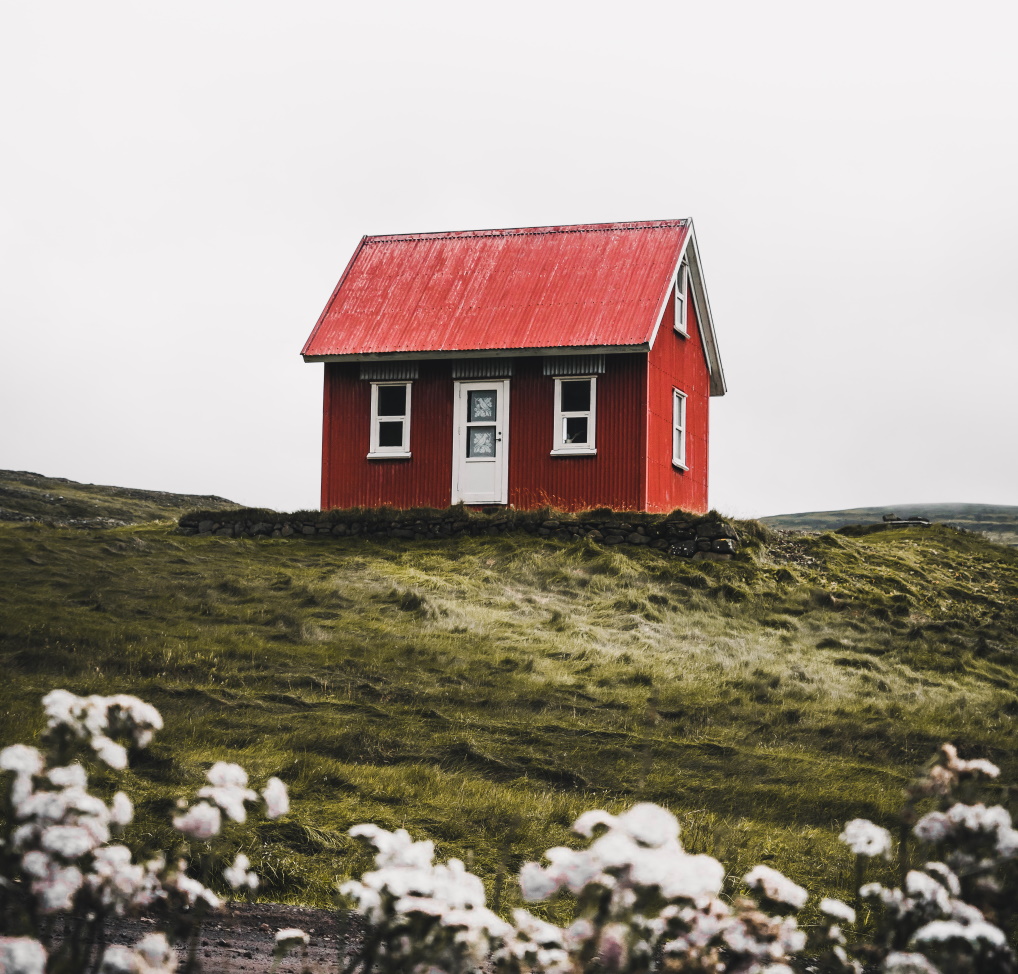
At some point in your life as a dad you may have to consider buying a home. I have been told all my life that buying a home is a smarter choice then renting. But after owning two different houses I begin to wonder if renting would not have been the better route. Yes, you build equity in your house but after accounting for the money you pay for your mortgage, property taxes, utilities, and maintenance it may not seem like such a value over renting and just paying rent and maybe a few utilities.
But in some markets the rent may be inflated because of certain market conditions so the best move for your family might be to take the leap and invest in a house. One of the biggest costs with buying a home that I have found is maintenance and upkeep of your home. Now if you are buying a new home, they typically come with a warranty and most of these tips won’t apply. But there may be some things to pay attention even with a newer home as eventually everything breaks down and your warranty period ends. But if you are buying an established home here are some tips I have learned to look at when buying a house that will help you save money in the long term of owning a home.
Check the attic (if possible)
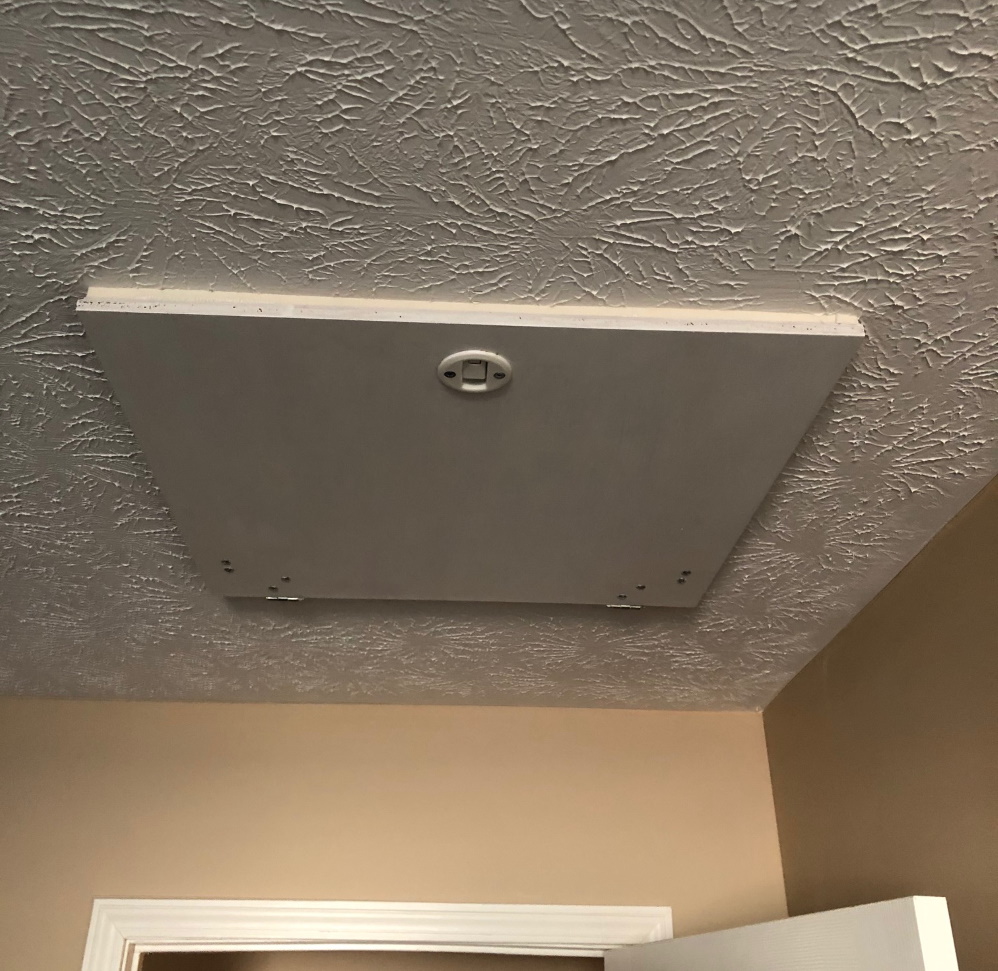
Check the attic
Some houses don’t have a good attic access point, so trying to get access and check things out may not be available. But if there is an easy attic access point I would poke your head into the attic and look around for any trouble spots.
Rodent Issues
The first thing to look for is rodent issues. Look for signs of rodent feces. It isn’t hard to find especially if there are a lot of them because they pretty much poop everywhere. You can also check for any wires or insulation that looks like it has been chewed on. Now it doesn’t mean there is an active rodent problem but it prepares you that there might be a rodent problem. And when I say rodents this is not just rats. Squirrels are notorious for wreaking havoc in attics if they have a way into the house.
Insulation Depth
The next thing to look for is insulation depth. If the insulation is below the joists then it needs more insulation in most climates. See this guide for more a comprehensive recommendation.
Leaks
Look for any stains or wet spots. Stains will tell you if there has been a previous leak and wet spots can tell you if there are any active leaks in the roof. Sometimes the leaks don’t penetrate the ceiling and this can lead to mold.
Wiring
If you can see any wiring look for signs of bare spots or maybe some wiring that just doesn’t look right. Don’t touch any of the wiring just observe and make notes if you see something that looks off. And when you get your home inspection the inspector can let you know if it is a problem or not.
AC/Heat Unit
If the air condition or heater unit is in the attic note the location. In the house I live in currently the heater unit and blower is in the attic in a tight space. It was installed right up against the chimney and the pitch of the roof. When my heater went out (in the middle of winter) the repair companies gave me estimates that made me want to cry. Why? Because the unit was in a bad place and was going to be near impossible to get out to replace.
Crawl Space
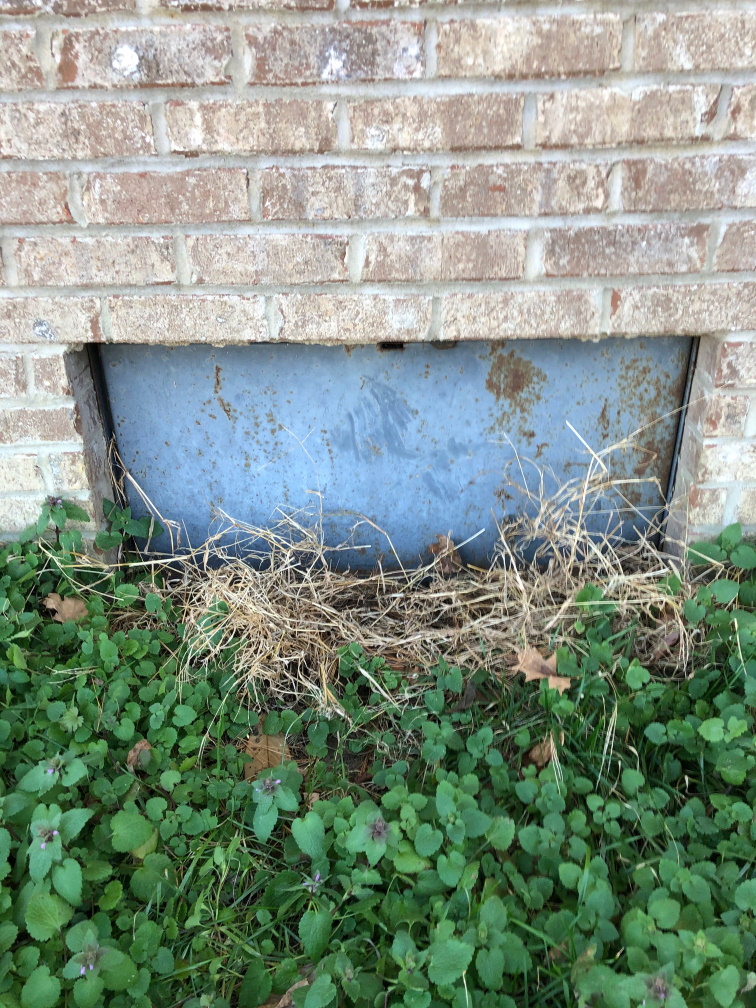
Check the crawl space
If the house doesn’t have a crawl space you can skip this section. Some houses have a basement so these tips might also apply there. If it does have a crawl space I would suggest putting on some old clothes and getting a flash light and doing a little investigation.
Moisture
Look for signs of water standing. This is usually never a good sign if the house has water standing in the crawl space. This could be from a leaky pipe or improper property drainage allowing water to collect and pool under the house. Also most houses should have what is called a moisture barrier in the crawl space, older homes might not have this but the moisture barrier keeps the crawl space dry and prevents moisture issues on the bottom side of you house.
Plumbing
I realize most of you will look at the plumbing and have no idea what you are looking at. I am in that boat also. But you can look for things that might cause you to have questions and if it look off you can bring it up to your inspector and they can tell you for sure if there is an issue. Things to look for include leaks, mismatch pipe colors or styles, and pipes that don’t seem to go anywhere.
Inside the house
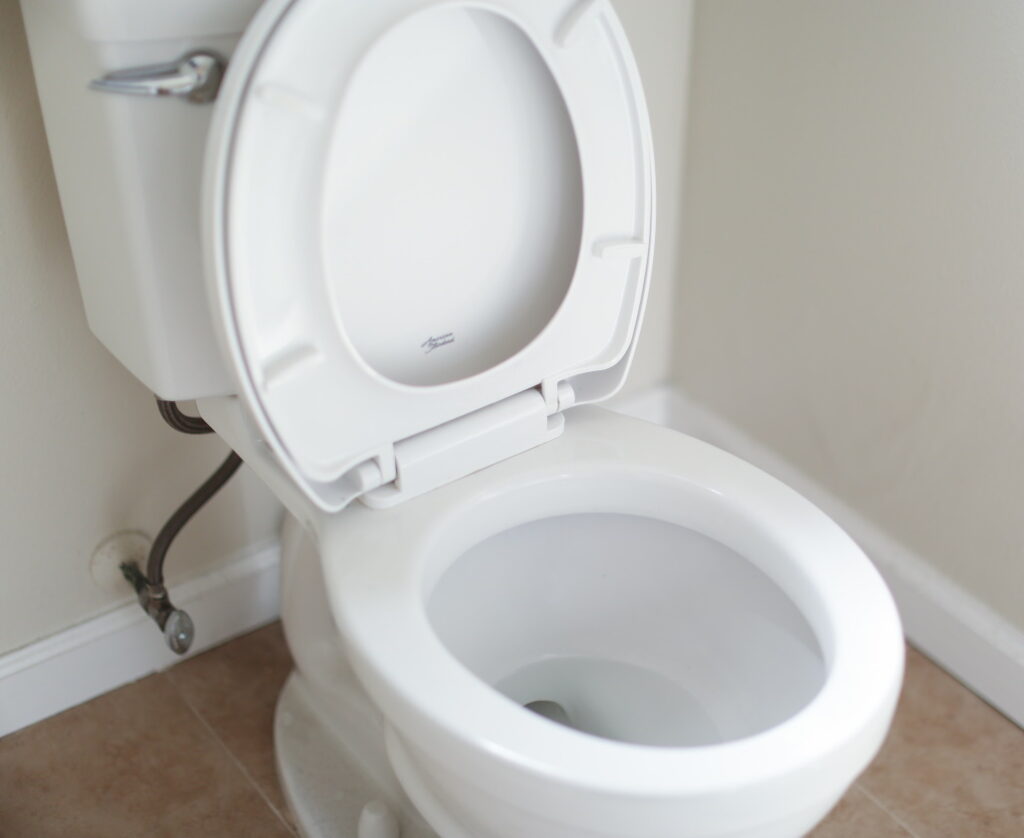
Check inside the home
When looking at the house most people look at the features and closet space and bathrooms. Honestly the good things you want to see are most likely going to be in the pictures that were on the listing. My goal when looking at a house is to find the negative. Find out why I shouldn’t buy this house. Some of those things can be fixed through the contract negotiations but also look for things that might become a bigger headache in the future.
Hot water heaters
When we bought our current house they told us we had two hot water heaters. It isn’t a big house but the more I thought about the more I liked the idea of the kids having a separate hot water heater. The one thing I didn’t pay attention to was the age of the hot water heaters. I ended up having to replace both of them less than a year living in the house. Pay attention to the age and location. Older hot water heaters are much less efficient so consider switching to tankless hot water heater and negotiate it into your contract.
Check under sinks
This may seem weird if someone is currently living in the house you are viewing. But you are not trying to figure out what type of person lives there. You are looking for leaks or existing water damage. I don’t know how many times I have looked at a house and opened a door under the sink to see extensive water damage and the owner had no idea. They don’t use that area often and a leak starts and next thing you know the floor is rotting.
Breaker box
Ask where the breaker box is and just open and take a quick look. Once again I realize most of you are not electricians but you are just looking for things that don’t look right. If the house is a big house and the breaker box is small and has very few breakers that is a red flag. Or maybe you open it and you notice a lot of red (tripped breakers). Maybe they are not in use but I would ask questions and once again have your inspector check it out and make sure it is safe.
Bathrooms
Check closely behind toilets and around showers/tubs for water damage. Water is something we need so bad but can be so damaging. Leaky toilets are usually an easy fix but if they have leaked in the past you might have rotting floors or unseen water damage. It wouldn’t hurt to flush the toilets and turn on the shower to make sure everything works as expected.
Refrigerator
Ask about the age of the refrigerator and if they have ever had any issues with it. Also ask when the last time the water line (if it has one) was replaced. If it is in a built in cabinet pull it out and look behind it. We had a water line leak behind our refrigerator and it did a lot of damage before we realized the water line had cracked. The water didn’t come out the front and was draining through a water line that ran through the floor but not before it did a lot of damage to the wood behind the refrigerator.
Outside the home
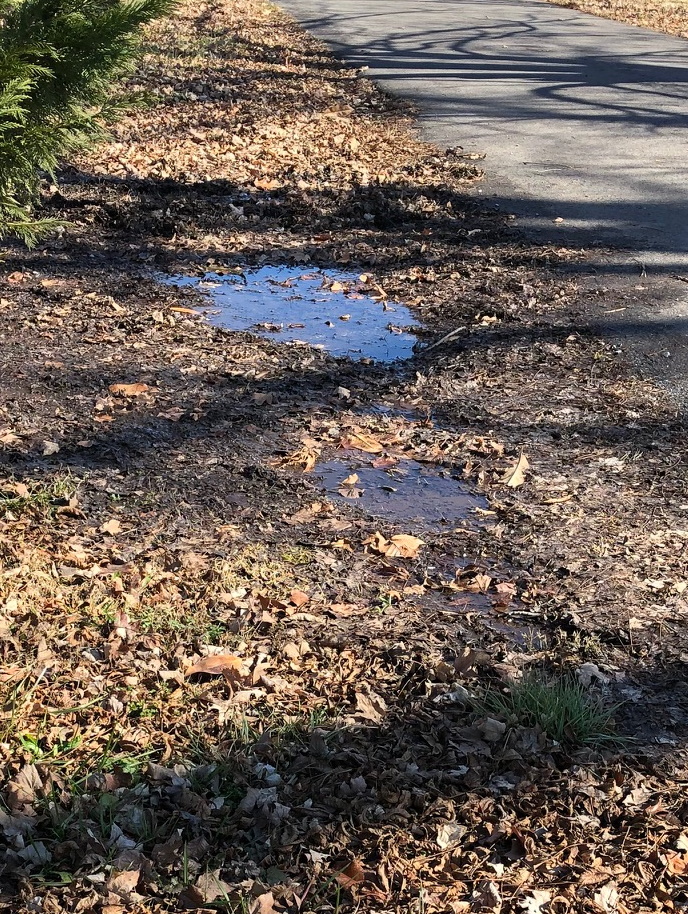
Check outside the home
Sometimes we get so focused on the house itself we don’t pay much attention to the property that goes with the house. If you are buying in a rural area some of these home buying tips can save you a weeks worth of headaches.
Landscaping
Are you big on being outside and doing landscaping? If not then pay attention how much outside maintenance there is on this house. You can always hire out someone to take care of that but it is another expense to think about and consider before buying. Pay attention to the age and shape of big trees on the property. There may be some that will need to be cut down or trimmed back if they are in bad locations or bad shape.
Walk the yard
Ask about the property line so you know what is yours and what is not yours. Also look for spots that are muddy or wet in locations that shouldn’t be muddy or wet. This could be a result of a failing septic system or improper drainage that needs to be taken care of. Ask about the location of the septic system. This could save you hundreds knowing where it is. I had a plumber come out and by knowing where it is located they didn’t have to do any locating and were able to get to it quick and fix the problem in a much shorter time saving me hundreds of dollars in maintenance costs.
Driveway and parking
Check out the driveway condition and parking situation closely. Make sure there is ample parking for all of your vehicles and if it has a garage measure and make sure your vehicles will fit. They like to advertise two car garages but honestly unless you and your spouse drive small two seat compact cars you are not fitting two cars in the garage. If the driveway is starting to shows signs of cracking that can lead to some quick maintenance needs and more costs.
Other home buying tips

Check on maintenance agreements
Here are some other tips when looking at buying a house.
Maintenance agreements
This one almost kept me from selling my first house. If the house is located in a subdivision there is a chance the subdivision has a home owner association or maintenance agreements to keep up things like roads, or water systems, or lawn upkeep. Ask about these up front. Find out how much the fees are and find out if they cover the items listed.
We had a water system agreement on our first house that covered finances for providing a well for the subdivision. At some point their was an informal agreement to also pave the roads and the money for this agreement would be used for the roads. When we went to sell our house the bank would not loan money because they did not have a formal agreement on the road. It took a month and many shed tears and begging to get enough people to amend the agreement just so we can sell our house. So make sure any agreements are written up properly and cover the right things.
Look multiple times
If possible go look at the house multiple times. Try to see it when it is raining and when it is not raining. Visit the house at different times of the day and maybe even at night. You want to know if traffic noise is bad or if the sun hits a spot in the house really awkward. Go when it is raining so you can see if there are any leaks or maybe drainage issues.
Send friends to view the house so you get a different perspective. Maybe you really love the house so much you overlook something that a person with no vested interest would spot and point out to you. Or maybe the realtor reveals something to them that they didn’t tell you during your showing.
When buying a house always keep the lifetime cost in mind. The price tag on the listing is not the only cost you will ever incur so be on the look out for those small things that might add up quickly within a few years. If possible I would even recommend getting a home warranty for the first year or two negotiated into the contract. It is a small concession for the seller and it will protect your investment for the first few years.
Unless you are buying the home as is you should always hire a licensed inspector and add that as a condition of the sale. An inspector can save you from buying a home with major issues and they can most likely spot a lot of smaller ones that could lead to issues.
Do you have any more tips when looking to buy a house? If so comment below or let us know on our Facebook page?
Main house Photo by Luke Stackpoole on Unsplash

Buying a house is always scary. Especially if you haven’t done it before. This is a great list. Thanks for sharing.
Thanks for the helpful tips!
These are wonderful tips to help home buyers! I wish I knew a few of these when I was house hunting! Thank you for sharing!
These are very informative tips on house buying you have covered some points that I would not have thought of like the loft insulation and where the boilers are located and the age of them. I also like the idea of getting friends to visit the house as well because others always see things that you don’t.
This is a great list of things to check for. It reminds me of when we were shopping for a house and we were obsessed with checking for drainage issues. We would wait for a big rainstorm to happen and then go and check the property for where the water was pooling. People will want to check for that because the yard will always be ruined if that is happening.
Excellent post! I think you have basically covered all the points anyone should keep in mind when looking to buy a house!
I will certainly remember some of these tips ( especially the one to look out for chewed out wires- a sign of rodent/squirrel )
Thanks again for sharing
All such good points to consider. There is so much funding that must go into the purchase of a home, always good to find ways to save.
So helpful, thanks for the awesome tips!
My father Mark, would like to buy a residential house this year, which is why he’s currently looking for a real estate agent that may help him out. Well, we share the same opinion about the importance of checking the home’s wires or insulation before making any purchases. It’s a good thing that you clarified here as well the importance of verifying whether the prospective property has any leaks.
Thanks for the tip that the landscaping outside will also be important to consider when it comes to estimating the value of a home and how much maintenance if would need. I will keep that in mind when looking for single family houses this year. I’d like to be able to move to a small home so that it would be a bit easier to clean.
This is really useful and ill be bookmarking to come back to it again later. Thanks for this! Siobhan ♡ | Vegan Babe Life